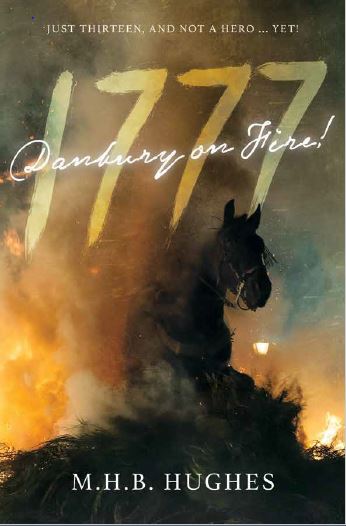The net result counted over 6K came to the 4-day event. With a site out of the main travel pattern, I still lucked into a spot next to the Maple Syrup Man, Casey.
0 Comments
I wasn't kidding about north being colder than south. The first day at the Abraham Staat House (1740) was warm and lovely, giving me a false sense of security. Did I freeze the entire rest of the time? Yes. Did I receive compliments on new vestments? Yes! I made some new friends, too!Guess we already know that north is colder than south. I'm learning.
|
Archives
|


 RSS Feed
RSS Feed
